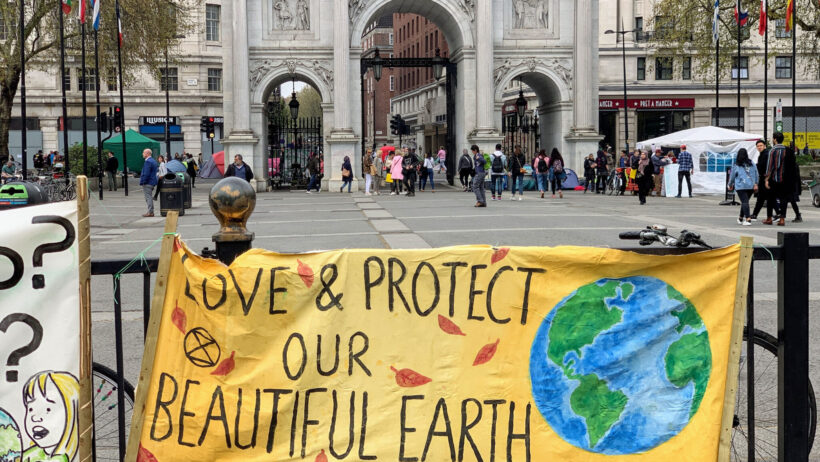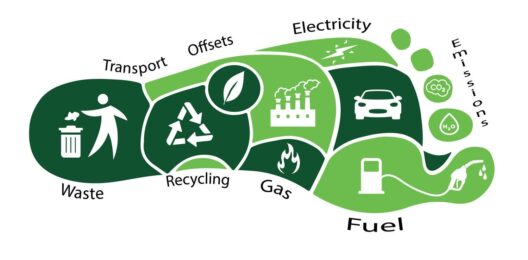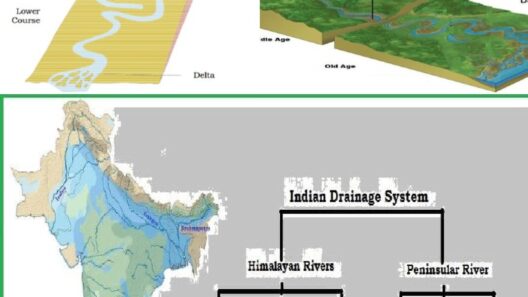Climate change, a term that has become omnipresent in discussions surrounding environmental issues, raises an essential question: why do we need to stop it now? Consider this: What would happen if we treated the globe as a spaceship hurtling through the cosmos, where every individual’s action contributes to the overall health of the vessel? If we ignore the warning signs, we risk potential catastrophe, not just for ourselves, but for countless species, ecosystems, and future generations. This pressing dilemma compels us to confront our environmental responsibilities promptly.
The crux of the matter begins with an understanding of the science behind climate change. Greenhouse gases, particularly carbon dioxide and methane, trap heat in the Earth’s atmosphere. This phenomenon leads to global warming, a silent yet imminent threat. As temperatures rise, so too do sea levels, exacerbating flooding and threatening coastal communities. Natural disasters are intensifying; hurricanes are becoming more ferocious, wildfires rage with alarming frequency, and droughts stretch across once-thriving agricultural lands. Each of these occurrences is intricately intertwined with our changing climate, emphasizing the urgency with which we must act.
But why stop now? Is it not tempting to postpone action, thinking we can tackle it tomorrow? To indulge this notion is to underestimate both the immediacy and gravity of our situation. Procrastination only magnifies the impact of climate change. For instance, the Intergovernmental Panel on Climate Change (IPCC) has warned that we have a limited time frame to meet specific targets, namely, to limit warming to 1.5 degrees Celsius beyond pre-industrial levels. Beyond this threshold, the repercussions become increasingly dire. Biodiversity loss accelerates, food security is compromised, and human health is jeopardized. The challenge lies in our collective ability to unify and act decisively.
The socio-economic implications of climate change further bolster the argument for immediate action. The economic viability of our societies stands on shaky ground, threatened by extreme weather patterns and natural disasters that disrupt supply chains, affect crops, and strain public resources. Poorer communities are often disproportionately affected, having fewer resources to adapt to climate-related challenges. The burgeoning refugee crisis driven by climate-induced displacement complicates matters further, as populations are forced to migrate in search of viable living conditions. Hence, the need to halt climate change resonates not just as an environmental issue but as a profound socio-economic one, impacting equity and justice across the globe.
Some might ask: “Are we not already witnessing efforts globally to combat climate change?” Indeed, movements toward sustainable energy, innovative technology, and international agreements like the Paris Accord signify that progress is being made. However, they are not sufficient on their own. The transition to renewable energy sources must accelerate; fossil fuels should no longer dominate our energy landscape. Wind, solar, and geothermal energy present magnificent opportunities to harness nature’s power without depleting our resources or harming the environment. Policy shifts encouraging electric vehicle adoption and the reduction of single-use plastics can pave the way for sustainable living.
This brings us to the concept of innovation as a beacon of hope. Throughout history, humanity has demonstrated an ability to overcome challenges through ingenuity. The current environmental plight demands similar creativity. From carbon capture technologies to sustainable agricultural practices, innovation is not merely beneficial; it is essential. The realm of the possible is expanding, and with it, our capacity to mitigate the effects of climate change. Seeking out groundbreaking solutions will demand investment, collaboration, and a shared commitment to our planet’s future.
While the idea of climate change can feel insurmountable, we must not succumb to despair. Individual actions, when multiplied, can create ripples of change. Consider your day-to-day choices: the products you purchase, the energy you use, and the food you consume. Each decision holds the potential to contribute toward a more sustainable future. Furthermore, collective advocacy is paramount; grassroots movements have a proven history of effecting change. Communicate with policymakers, utilize your voice, and encourage others to engage in the conversation. It is a challenge, but one ripe for undertaking. Imagine a world where each person takes small yet meaningful actions toward reducing emissions, conserving resources, and protecting our environment—when combined, these small efforts can drive significant change.
In summation, the imperative to stop climate change now is underscored by a trifecta of scientific urgency, socio-economic implications, and the boundless potential of human innovation. Inaction is not an option. The present moment calls for audacious leaders willing to combat the daunting challenges ahead. Ponder this: what legacy do we want to leave for future generations? The answers lie within our grasp, but only if we unify our efforts and confront this pressing matter with the immediacy it demands. Let us take the challenge seriously, for the time to act is now, not later.








